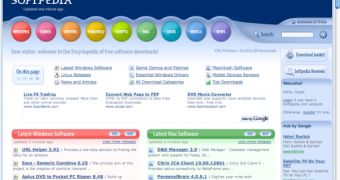Back in June, the Cupertino-based company Apple rolled out the first beta version of Safari for Windows, it's well known Mac OS X browser which was made available for Microsoft's operating system. Apple claims Safari is the fastest browser on the web and even placed a chart on its official page to support this statement. In addition, you can always read the 12 reasons you'll love Safari with blazing performance and elegant user interface on the first two positions. So, Apple sustains Safari for Windows is the fastest browser on the web.
That's why Michael Czeiszperger from Web Performance Inc. decided to conduct several tests which were supposed to reveal if Safari is really the fastest browse on the Internet.
"Other tests have run Safari 3.0 Windows beta through benchmarks and shown how it performs with canned tests, but we are more interested in seeing how the browsers perform when people are actually using them. This meant measuring how Safari performed when actually browsing web sites, which creates several test design challenges when compared to an actual repeatable benchmark," he wrote on the official Web Performance websites.
In order to test the browser, he selected the first 16 Alexa websites and tried the application through different techniques. "The web sites listed above were hosted on a local IIS web server, and both initial and cached measurements taken. It quickly became apparently that one browser was not the fastest overall. One browser would be fastest on one web site, while another might be the fastest on another."
The results? Safari is really the fastest browser on the Internet while Firefox and Internet Explorer come on the next places. "The performance gains on the average remotely hosted web page varied from .2 seconds when from cache and up to 1.4 seconds when loading a web page for the first time. The .2 second difference between Safari beta and Firefox 2, and Safari beta and IE7 is negligible, and shows that for web sites that are accessed frequently, and thus likely to be in a browser's cache, we found no appreciable difference in performance," the expert noted.

 14 DAY TRIAL //
14 DAY TRIAL //